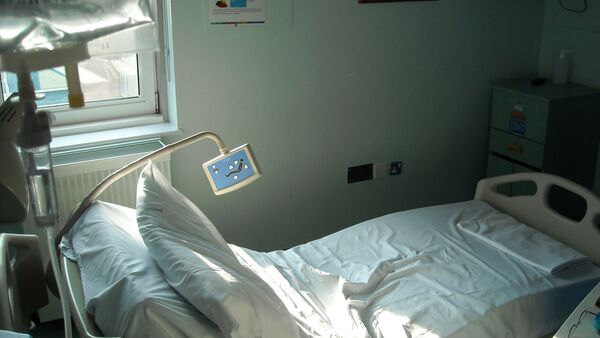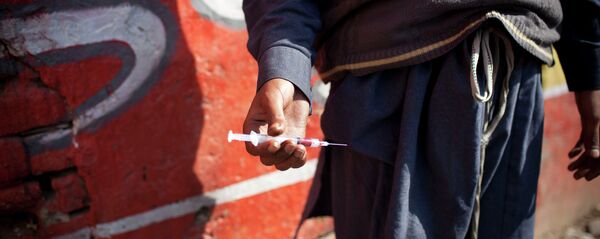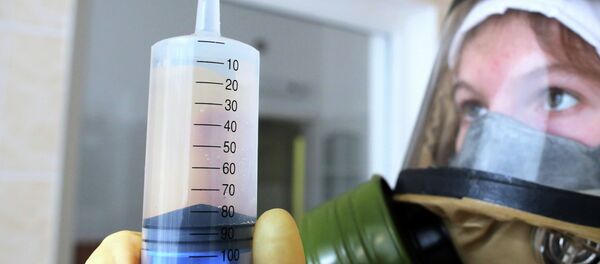A disease of the lung, TB is normally not easily contracted. When a person with the disease coughs, sneezes, or talks loudly, the bacteria from the disease is released into the air and can often stay there for hours before it can infect someone else.
The diagnoses of a recent female patient with extensively drug resistant, or XDB, TB however has been dangerous enough to prompt health officials to make a concerted effort in containing the disease.
The identity of the patient has not been revealed, however, health officials said on Monday that she has been transferred to a clinic in the NIH for treatment, with efforts being made into tracking down the hundreds of people she may have been in contact with.
"The patient was transferred to the NIG via special air and ground ambulances," A NIH statement said.
"The patient is staying in an isolation room in the NIH Clinical Center specifically designed for handling patients with respiratory infections, including XDR-TB," the statement added. "The National Institute of Allergy and Infectious Diseases (NIAID), part of the NIH, is providing care and treatment for the patient in connection with an existing NIH clinical protocol for treating TB, including XDR forms. NIAID has treated other XDR-TB patients in the past under this protocol."
TB patients typically require weeks of antibiotics. However since XDR-TB is drug resistant, patients with the disease have to undergo surgery to remove pockets of the infection. The patient will likely remain in the isolation clinic, which controls the airflow to prevent germs from escaping the facility, for months or even years of treatment. About a third to half of the cases can be cured.
The Centers for Disease Control and Prevention (CDC) has also released a statement saying the patient traveled to several states before seeking treatment.
"The patient traveled in April from India to the United States through Chicago O’Hare airport," the CDC said in a statement provided to NBC News.
"The patient also spent time in Missouri and Tennessee. Seven weeks after arriving in the United States, the patient sought treatment for and was diagnosed with active TB."
XDR-TB is very rare in the US, with only 63 cases reported between 1993 and 2011. The CDC therefore takes any reported cases very seriously and is currently working towards identifying and tracking anyone who has come in contact with the patient.
"Besides concerns about community contacts, the patient flew from India to the United States. CDC will obtain the passenger manifest for that flight from the airline and will begin a contact investigation," the agency said in a statement. "Although the risk of getting a contagious disease on an airplane is low, public health officers sometimes need to find and alert travelers who may have been exposed to an ill passenger."
Around 9,000 people in the US are infected with ordinary TB each year, with nine million worldwide. In 2007, an Atlanta-based lawyer with a case of multi-drug resistant TB was arrested and forcibly isolated after he defied CDC advisories.





